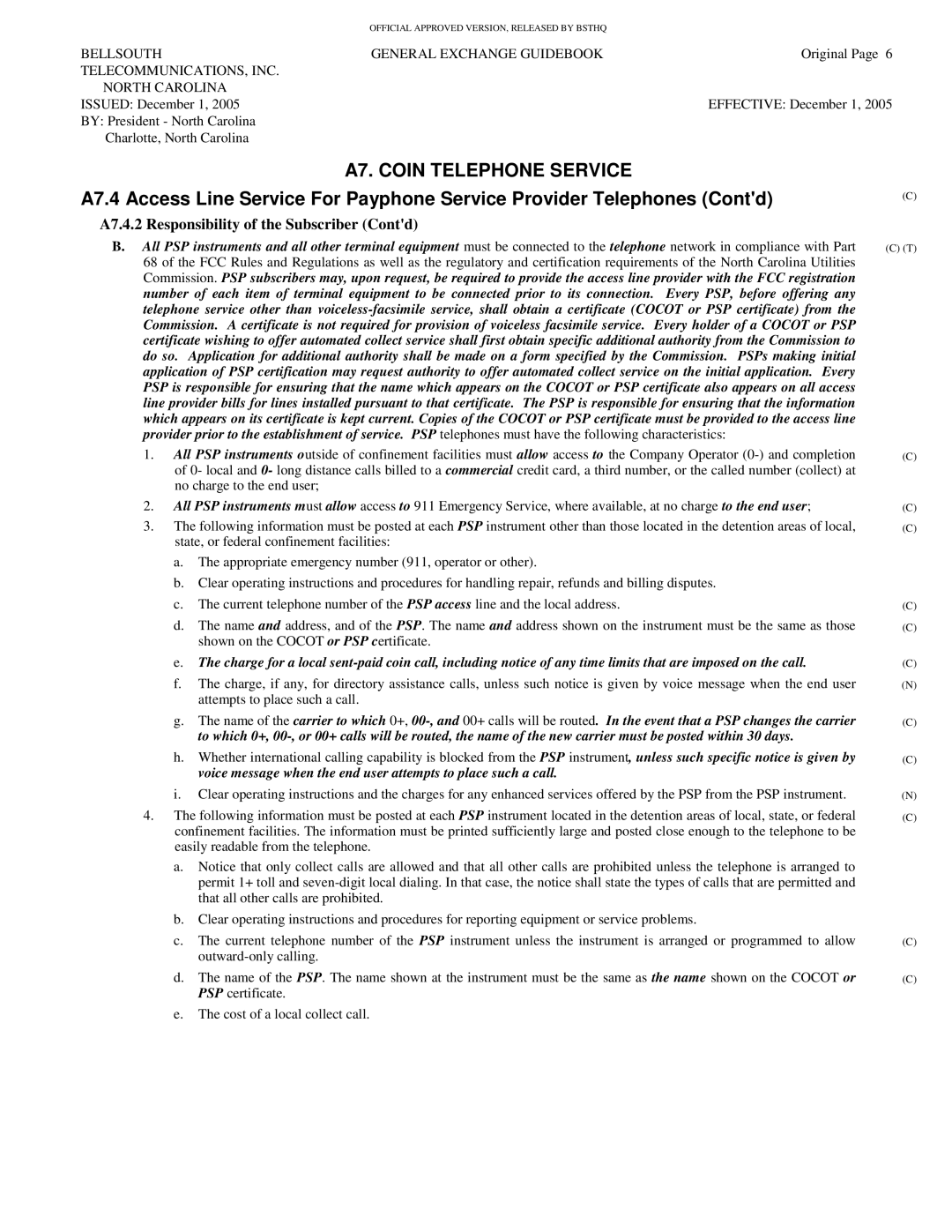17 specifications
BellSouth 17 is a high-performance telecommunications service that emerged as a crucial player in the Southern United States. Part of the larger BellSouth Corporation, its offerings primarily focus on providing efficient, reliable voice and data services to both residential and business customers.One of the key features of BellSouth 17 is its robust digital subscriber line (DSL) technology. This allows for high-speed internet access over traditional copper phone lines, enabling customers to enjoy seamless streaming, faster downloads, and improved online gaming experiences. The DSL service is designed to accommodate users' growing demand for bandwidth, particularly as multimedia content becomes increasingly prevalent.
Additionally, BellSouth 17 incorporates Voice over Internet Protocol (VoIP) technology, transforming traditional telephone services into digital formats. This digital approach not only reduces costs but also enhances call quality and provides customers with a range of features such as call forwarding, voicemail-to-email, and conference calling.
Security remains a top priority for BellSouth 17, implementing advanced encryption and authentication protocols to safeguard data transmission. Their infrastructure supports a secure network environment, which is particularly vital for businesses handling sensitive information. The company also offers comprehensive customer support, with dedicated teams available 24/7 to assist users with troubleshooting, billing inquiries, or technical difficulties.
BellSouth 17's commitment to innovation is evident in its adoption of fiber-optic technology, providing customers with even faster internet speeds and greater reliability. The use of fiber optics represents a significant leap in telecommunications, allowing for data transmission over vast distances with minimal loss of performance.
The service is tailored with flexibility in mind, offering various packages to meet diverse customer needs. From entry-level plans suitable for casual users to high-capacity solutions designed for enterprises, BellSouth 17 ensures that there are options available to suit different lifestyles and business requirements.
Overall, BellSouth 17 stands out for its blend of traditional and modern technologies, prioritizing both performance and customer experience. As the telecommunications landscape continues to evolve, BellSouth remains committed to delivering exceptional service and staying at the forefront of technological advancements, ensuring that users can connect with confidence and ease.
